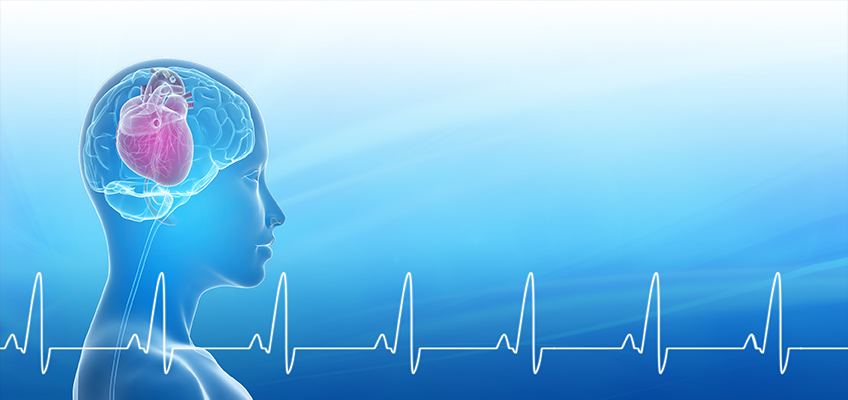
What do researchers mean when they talk about heart-brain interactions?
Researchers with the HeartMath Institute and other entities have shown that the human heart, in addition to its other functions, actually possesses the equivalent of its own brain, what they call the heart brain, which interacts and communicates with the head brain.
This heart brain communicates with the brain via a number of pathways, and the brain in turn communicates with the heart. Between them they continually exchange critical information that influences how the body functions.
Traditionally, scientists believed, it was the brain that sent information and issued commands to the body, including the heart, but we now know the reverse is true as well.
“Research has shown that the heart communicates to the brain in four major ways: neurologically (through the transmission of nerve impulses), biochemically (via hormones and neurotransmitters), biophysically (through pressure waves) and energetically (through electromagnetic field interactions),” HMI researchers explain in Science of the Heart, an overview of research conducted by the institute.
“Communication along all these conduits significantly affects the brain’s activity,” Science of the Heart states. “Moreover, our research shows that messages the heart sends the brain can also affect performance.”
One important way the heart can speak to and influence the brain is when the heart is coherent – experiencing stable, sine-wavelike pattern in its rhythms. When the heart is coherent, the body, including the brain, begins to experience all sorts of benefits, among them greater mental clarity and ability, including better decision-making.
These changes come about because the heart, when it is coherent, sends out information that causes the changes via the processes mentioned above – neurologically, biochemically, biophysically and energetically.
Although the heart and brain are automatically in constant communication, each of us also has in our capacity to consciously and intentionally direct our hearts to communicate in beneficial ways with our bodies.
When we intentionally experience sincere positive emotions such as caring, compassion or appreciation for someone or something, the heart processes these emotions and begins to become coherent and send out positive information throughout the entire body.
Read more about heart-brain interactions, using positive emotions to benefit us and HMI’s research at Science of the Heart.

